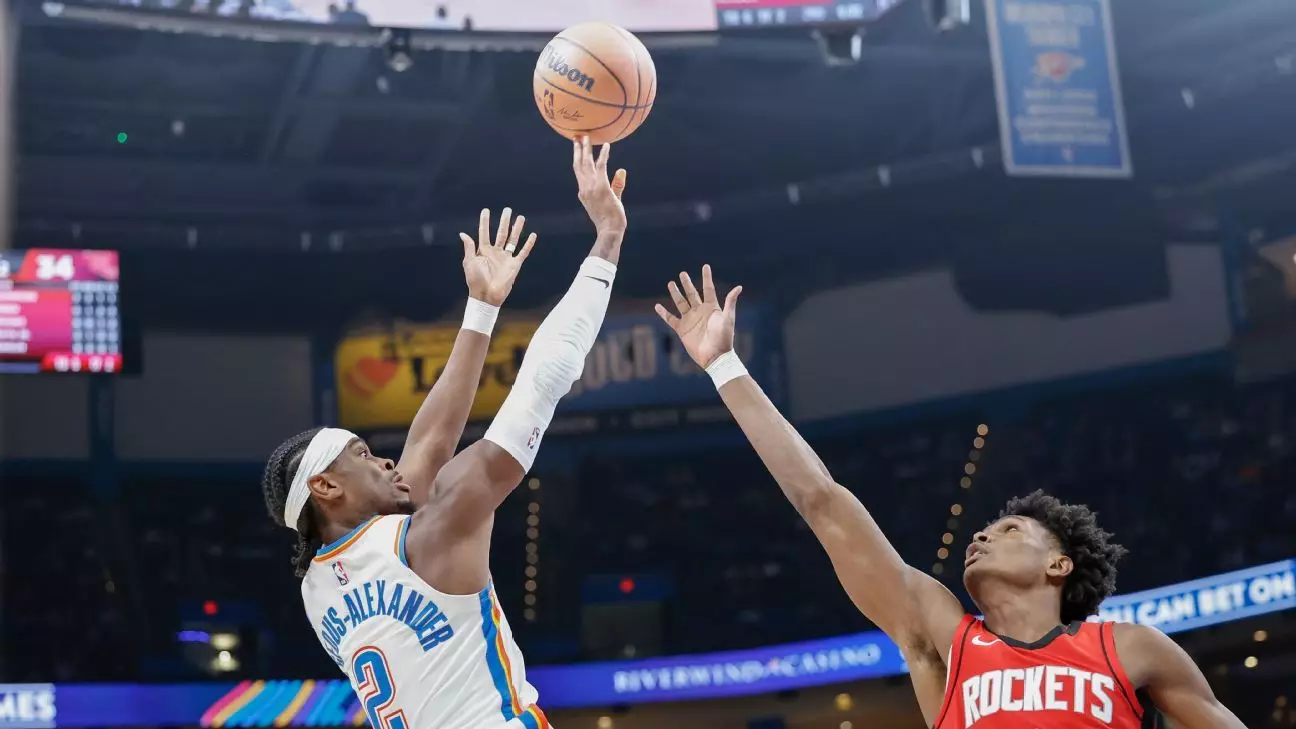In the landscape of sports betting, especially within the realm of the NBA, deciphering early odds provides an invaluable edge. The upcoming season’s schedule, combined with thoughtful evaluation of team dynamics, individual player trajectories, and psychological factors, transforms routine betting into an intelligent pursuit of profit. Yet, many bettors tend to rely on surface-level insights or popular narratives. A deeper, more critical approach reveals that understanding teams’ shifts, roster changes, and emotional states during key moments—like opening night or holiday matchups—can significantly elevate betting success. It’s not merely about which team is favored but about recognizing the nuanced variables that influence game outcomes.
The Myth of the Favorite and the Power of Context
Pointing purely to odds like Lakers (-155) over the Warriors oversimplifies the landscape. The Lakers, emerging with renewed vigor and a refreshed roster, could indeed make substantial strides. Their potential leap is rooted in a strategic overhaul—trading away Anthony Davis for Luka Doncic, which in theory gave them a creative engine capable of elevating their offense. But a critical perspective demands questioning if these roster changes can translate instantly into triumph, especially against a Warriors team that finished strong last season. A gambler must consider the context: how well does Luka integrate into the team’s existing structure? Is social chemistry or the pressure of season openers underestimated? Relying on the narrative of LeBron and Luka working in harmony risks ignoring the potential for early-season chemistry issues.
Meanwhile, betting on the Rockets’ money line at +200 against Oklahoma City is a compelling underdog play, heavily influenced by emotional factors surrounding opening night. The Rockets’ star-studded lineup, including Durant, Sengun, and VanVleet, suggests a potent offense capable of exploiting OKC’s vulnerabilities. But betting on emotion—Durant’s debut against his former team—without rigorous analysis of team cohesion, defensive schemes, and prior matchups, risks overestimating the element of inspiration. A critical bettor should weigh whether Houston’s talent aligns with their current form or if they’re overhyping the matchup due to emotional narratives.
The Christmas Day spectacle—a showcase of tactical depth or emotional volatility? When analyzing Spurs +9.5 against the Thunder, it’s vital to scrutinize whether San Antonio’s young core, led by Wembanyama and Holmgren, can genuinely challenge a defending champion like OKC. The spread may seem generous, but it is equally important to account for the psychological boost a high-profile rivalry or league spotlight can supply. Wembanyama’s matchup capabilities are promising, yet the assumption that youth and talent automatically translate to covering sizeable spreads over defending champions might be overly optimistic.
Lastly, the Cavaliers’ +3.5 line against the Knicks raises critical questions. Historically, Cleveland dominated New York last season, with dominant wins and impressive margins. Returning largely intact, their consistency suggests that this line may undervalue their current strength. But an analytical eye must probe deeper: Are there late-injury reports, potential fatigue, or tactical adjustments that could sway the game? The odds present an apparent mispricing, but the prudent bettor recognizes that markets often reflect a collective expectation that may overlook intangible factors like team morale, coaching adjustments, or even external pressures.
Why Critical Thinking Outperforms Herd Mentality
In the complex game of sports betting, intuition and narrative often overshadow strategic analysis. Betting experts like Snellings and Moody offer insights rooted in current roster movements, psychological edges, and tactical nuances—elements that a superficial analysis might miss. It’s not enough to chase favorites or follow gut feelings; the real advantage lies in dissecting the reasons behind each line and examining whether market prices appropriately reflect underlying team health and match context.
A truly critical approach demands skepticism. It involves questioning assumptions—such as the notion that teams will seamlessly gel after roster changes or that emotional narratives alone can dictate outcomes. Successful betting becomes an exploration of multiple dimensions: statistical trends, psychological momentum, injury reports, and game-day circumstances. This rigorous evaluation transforms simple odds into opportunities, turning a gambler into a strategist.
The upcoming NBA season is filled with unpredictable variables and potential for unexpected surprises. But within that chaos lies opportunity for those willing to challenge conventional wisdom, scrutinize every line, and actively seek out mispricings. Betting is as much about disciplined skepticism as it is about excitement—an art of critical thought that can turn the tides in favor of the informed gambler.

